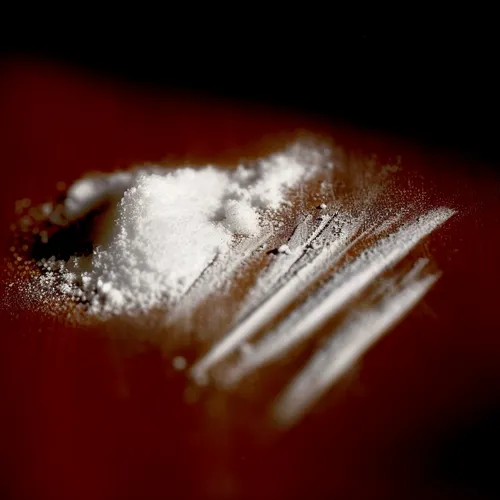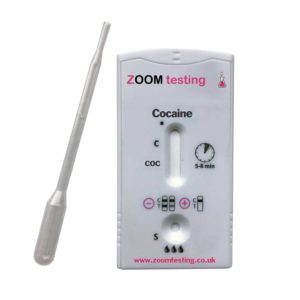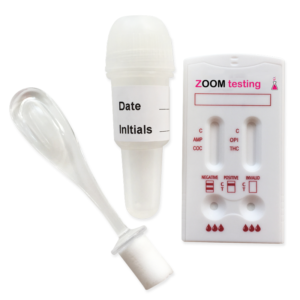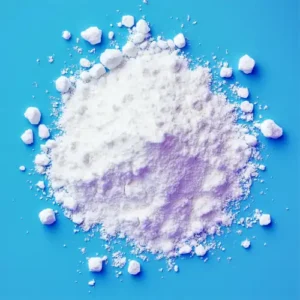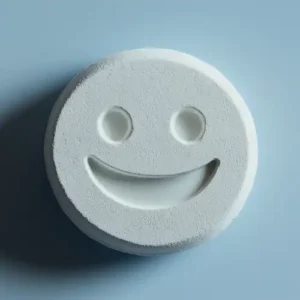Cocaine is powerfully addictive for a drug: It’s a stimulant that affects your brain directly, giving you that ‘high’ feeling. Call it crack or coke, you may wonder how long it stays in your body after snorting it. Read on find out more about how long cocaine is detectable in the system.
What Is Cocaine?
Scientifically, it’s known as benzoylmetylecgonine and it’s used strictly for medical purposes due to its ability to be used as a local anaesthetic. By the early 1900s, cocaine became the main stimulant used to treat various ailments. Due to the strong effects it has on your body, people have been using cocaine illicitly for many years. In fact, it’s the second most commonly used illegal drug in the UK.
The Different Types of Cocaine
Different chemical process produces different kind of cocaine. Powdered form is cocaine in hydrochloride salt, and it is commonly known as ‘coke’, usually absorbed to the body by snorting or injecting with a syringe after diluting the powdered drug. Crack cocaine on the other hand, is when cocaine is in ‘freebase’ form (a compound that hasn’t been neutralised by an acid) and can be smoked.
The Effects of Cocaine
Snorting crack gives a potent, nearly instantaneous effect. As cocaine enters your body, it works its way to get ‘play’ with your brain via the bloodstream. Cocaine inhibits the chemical receptors in the brain (called neurotransmitters) that are normally used to communicate signals among each other and stops them from being reabsorbed. Over a certain period (in this case, for a short time), a build up of neurotransmitters form along the brain tissues between the nerves, causing you to feel euphoric.
Sure you’d feel high, alert, and snorting coke gives you a sense like you’ve accomplished a lot of things. But to what cost? In the end after the effect wears off (usually within a couple of hours), you may feel irritated, restless, and depressed than ever. Smoke it too much, cocaine will put a considerable effect to the heart, lungs, brain, and able to cause you a sudden death.
Personal Experiences with Cocaine
While the euphoric high from cocaine may seem appealing at first, the consequences of using this addictive drug can be devastating. Speaking from experience, what starts as recreational use can quickly spiral out of control. You find yourself chasing that initial rush, taking more and more to try to replicate those feelings. But instead, the come-downs become increasingly harsh, leaving you feeling anxious, paranoid, and utterly drained—both physically and emotionally.
I’ve seen friends’ lives crumble as they lost jobs, drained savings accounts, and damaged relationships, all in pursuit of their next fix. It’s a vicious cycle that’s extremely difficult to break free from without professional help. The temporary high simply isn’t worth risking your health, your future, and everything you’ve worked so hard for.
Long-Term Effects of Cocaine Abuse
Don’t let the party drug reputation fool you—cocaine is incredibly destructive when used regularly. Over time, snorting or smoking crack can lead to a wide range of severe medical issues, including:
- Cardiovascular problems like irregular heartbeat, heart attacks, and stroke
- Respiratory distress and lung damage
- Intestinal issues like nausea, abdominal pain, and a higher risk of bowel decay
- Neurological impacts like seizures, headaches, and an increased stroke risk
- Risk of contracting HIV, hepatitis, or other infectious diseases from shared needles
And those are just the physical effects. Frequent cocaine use also takes an immense psychological toll, potentially causing:
- Paranoid psychosis and delusional thoughts
- Severe mood swings and emotional instability
- Problems with attention, decision-making, and memory
- Increased anxiety, depression, and suicidal thoughts
The high is fleeting, but the damage caused by cocaine addiction can stick with you for life. It’s just not worth it.
Seeking Help for Cocaine Addiction
If you or a loved one is struggling with cocaine use, know that you don’t have to go through it alone. Substance abuse is a disease, not a moral failing, and there are countless resources available to help you get clean and regain control of your life. Reach out to a counselor, therapist, or addiction specialist today to explore your options for rehabilitation programs, support groups, and other treatment plans tailored to your unique situation.
While getting sober is undoubtedly challenging, thousands have walked that path before you and reclaimed their lives from the grips of cocaine addiction. With patience, perseverance, and the right support system, you can overcome this and build a healthier, happier future for yourself. Don’t let cocaine keep stealing your potential—you’ve got this!
How Long Can Cocaine Stay in Your Body for?
How long cocaine can get out from your body is greatly depends on your metabolic cycle and it’s a common misconception that it only takes a couple of days to have cocaine metabolise out of your body.
Some people may metabolise cocaine within a short period while other may do not. It is also depend on how much cocaine you’ve had in your body at one time so obviously the higher the amounts you snorted the longer it takes to get out completely from your body.
How Long Does Cocaine Stay In Your System?
- The amount of drug taken.
- How frequently the drug is being taken
- Individual body weight and height.
- Overall rate of metabolism, which depends on an individual’s levels of activity and health status.
How Long Will Cocaine Show Up on a Drug Test?
There are different kinds of cocaine drug tests. The most commonly used tests will screen urine or saliva for the drug. A urine drug test is more commonly used than a saliva test because the time frame for detecting cocaine is longer.
How long does it take for cocaine (or crack) to clear out of urine?
Detection times for cocaine in urine are significantly greater than detection times in saliva. When urine is being screened for the presence of cocaine, it is actually benzoylecgonine, a metabolite of cocaine, that is being measured. The widely accepted time period for benzoylecgonine to be cleared from the urine is three to five days. However, the time period for heavy users of cocaine can be longer, with one study suggesting that benzoylecgonine can be detected in chronic cocaine users for 10-14 days.
Urine Drug Tests for Cocaine
Urine drug tests for Cocaine are available as single drug test kits for cocaine and as part of a multi-drug test kits such as the Zoom Testing 7 Panel Drug Test Kit.
How long can cocaine (or crack) be detected in saliva?
Typically cocaine can be detected by a saliva drug test over a period of 24 to 48 hours after the last use. Once again, this time can differ depending on a person’s metabolism, as well as the amount and purity of the drug that was consumed.
Saliva Drug Tests for Cocaine
Saliva drug test kits that can detect cocaine are available from this website. We recommend the 12 Panel T-Square Oral Fluid Saliva Drug Test Kit as a great kit that also screens 11 other drugs as well as cocaine. If you are looking for something less extensive, the 3 in 1 Saliva Drug Test is also an excellent option.
Combining Cocaine and Alcohol Can Keep Cocaine in System Longer
Mixing cocaine with another drug, such as alcohol, is common among people that use the drug. Polysubstance use is never a good idea and the combination of cocaine and alcohol is particularly dangerous. The mixing of these two drugs produces a further toxic chemical called cocaethylene, or ethylbenzoylecgonine. This chemical is much more toxic than cocaine and it has a longer half-life than cocaine.
When the substance is present in the body, further stress is put upon the heart and liver for even longer periods. Some drug users may then show stronger reactions that may result in them to becoming aggressive or violent.
Photo: “White Lines of Cocaine” by Anthony Cunningham for Zoom Testing
Zoom Testing is a leading UK drug testing company and a supplier of Drug Test Kits.

